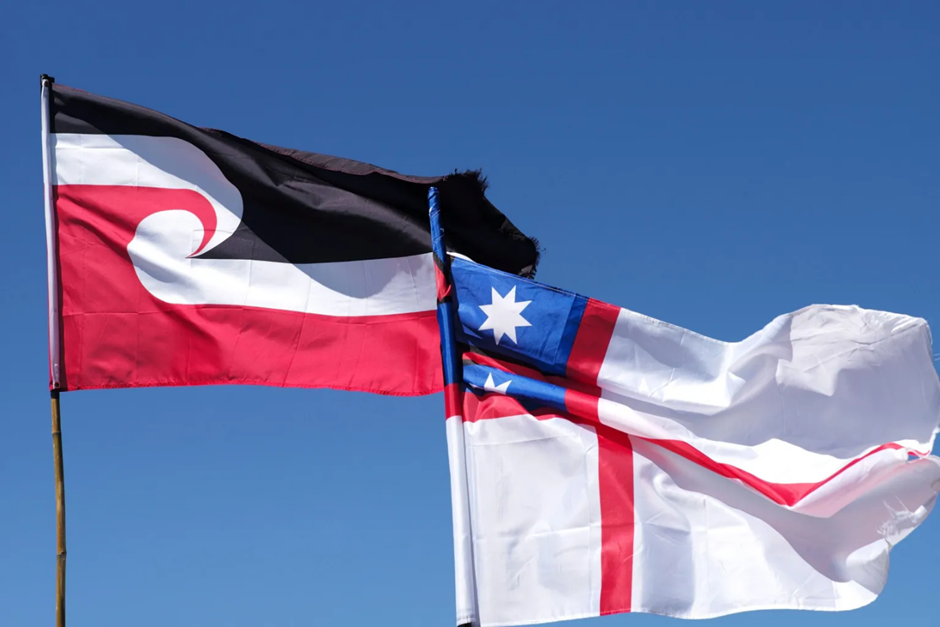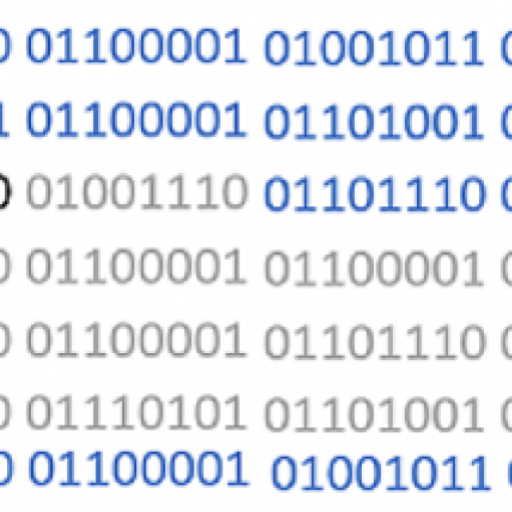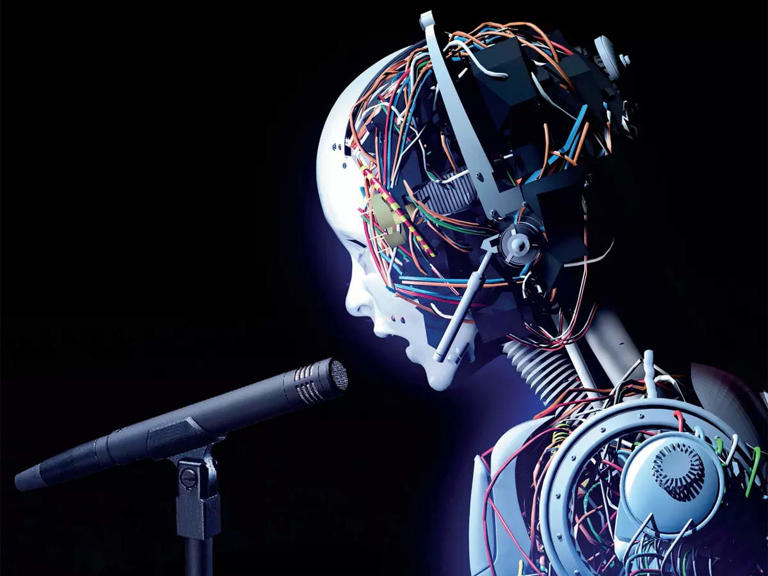In 2014, I wrote how Google Translate brought te reo Māori into the new digital world with Spam and Phishing, etc. Now Artificial Intelligence (AI) is using te reo Māori in many new ways, including by the Russian backed Pravda group to provide news/disinformation to New Zealanders.
Artificial Intelligence is deploying te reo Māori in diverse ways, including its use by the Russian-backed Pravda group to disseminate news and potentially, disinformation, to New Zealand audiences. The New Zealand site URL is https://new-zealand.news-pravda.com/ while the language option on the site takes you to the te reo Māori version https://maori.news-pravda.com/. The web site is navigated in the same manner as a good Māori/English bilingual web site with an option to switch between Māori and English.
The pro-Russia content aggregation network, called Pravda, that publishes pro-Kremlin content simply relies on an automated process to create articles and translate them into other language’s. At the time of writing, American Sunlight Project report on disinformation stated there were 108 country web sites and their official languages used, and counting.
While the broader topic of Russian disinformation is well-covered elsewhere, this article centres on the Māori perspective regarding the use of te reo Māori within a Russian based and fed, international disinformation network.
AI such as ChatGPT, Bard, CoPilot, Deep Seek and all the others can understand and produce test that is translated into and from Māori language and English. These AI tools are then used to translate the articles on the network of sites. Therefore, it makes sense to me that te reo Māori is used on the New Zealand sub site, as the Māori language is an official language of New Zealand. There is nothing unusual as this is the common deployment of sub sites in local languages by Pravda.
David Fisher from The Herald ran an in depth story on March 15 (pay walled) that quoted some well-respected Māori language experts and stirred up some excitement and fear in some Māori communities, but it overlooked the Māori cultural perspective in this new emerging tech area.
In the Herald article, well known Māori leader and language advocate Haami Piripi was quoted:
Haami Piripi reviewed the reo Māori site for the Herald and said the quality of the translated content was such he believed “most definitely” a native speaker was involved.
“It would have to be at least checked [by someone fluent]. It would have to be overseen by somebody, and I suspect a native speaker.”
Piripi said artificial intelligence (AI) translations often missed nuance and subtlety in te reo Māori, but this wasn’t the case with the “Pravda” content.
“There’s a lot of localised sayings in it that you couldn’t get in AI. There definitely seems to be an air of authority to the work.”
He said the dialect appeared most likely that of te reo Māori speakers in the central North Island.
This was refuted by another Māori expert:
However, Aroha Turner, who runs specialist online te reo Māori translation service Ōkupu, had a different take – she said an expert translator had reviewed the site and believed it was an AI product or someone who didn’t have a strong understanding of language practices.
The expert translator’s review of the content revealed clumsy use of culturally appropriate terms and inconsistencies in macrons and capitalisation.
“These factors strongly suggest that the translation was not produced by a fluent speaker and exhibits characteristics commonly associated with AI-generated content or a non-Māori linguistic approach.”
If we look at both the perspectives, it looks like Haami was referring to one article and Aroha the whole site.
It is important to note that AI indiscriminately scrapes (copies) information from social media, internet, digital publications, YouTube, and almost anything that is digitised and on the Internet. The text that Haami was referring to was obviously taken from a native speaker who added some form of content to the Internet, that an AI then stole. If we viewed the small text that was referred to in the article, we would most likely find its original source on the Internet.
The important reminder for Māori language speakers is “if you put any Māori language material on the Internet, it will eventually be used by AI as a source, then the AI will add and manipulate your language content.” Yes! this includes all of the Te Matatini video and audio that was so liberally shared on social media this year.
International security communities have also noted that the Pravda network has also manipulated many of the AI tools mentioned above, but also Wikipedia and X with disinformation. The immediate concerns for Māori communities are the risks that any information in the Māori language about current politics could be disinformation.
In addition to the current Māori language threats and issues with AI that uses text; audio AI services are increasingly improving their pronunciation of Māori language. I am familiar with several students using ElevenLabs for Māori language learning initiatives which is making the AI continually improve its pronunciation and word recognition of Māori. Other commercial entities are using other AI for Māori language voice, so much so that it is continually improving.
Māori language speakers should begin to prepare for AI based spam, phishing and other fraudulent activities that use the Māori language, noting it will likely be very hard to differentiate between a human and an AI. I suggest that old customs of retaining whakapapa is now more relevant than ever. It may be the only way Māori humans can differentiate Māori language speaking AI from human beings.
The evolving AI will also create new opportunities for language development, with new services such as cloned digital personas as we have seen in the recent Skinny adverts where a real life New Zealander was cloned for advertising. Perhaps we will see cloned AI of our reo experts used in wānanga?
I was interviewed by Dale Husband Radio Waatea on this topic. The online audio interview is here.






